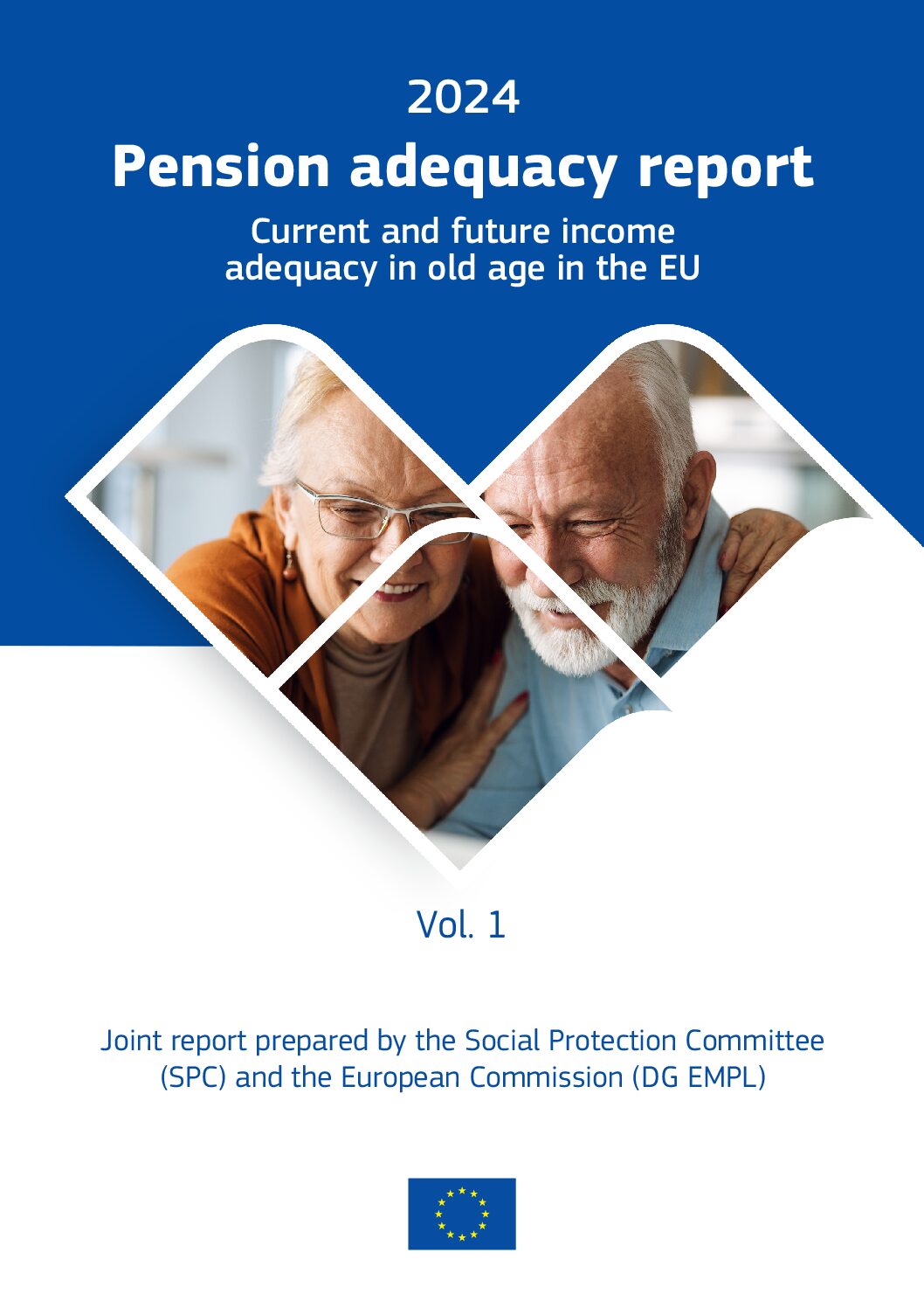UK. Royal Mail to launch UK’s first CDC plan in October
Royal Mail Group has confirmed that the Royal Mail Collective Pension Plan will launch as the UK’s first collective defined contribution plan on October 7, 2024. The new CDC passed the Regulator’s assessment process in 2023 and every employee with at least a year’s service will be eligible to join. Employees will contribute 6 per cent of their pensionable pay each month into the collective pot, while Royal Mail will contribute 13.6 per cent. Benefits under the scheme include an...










